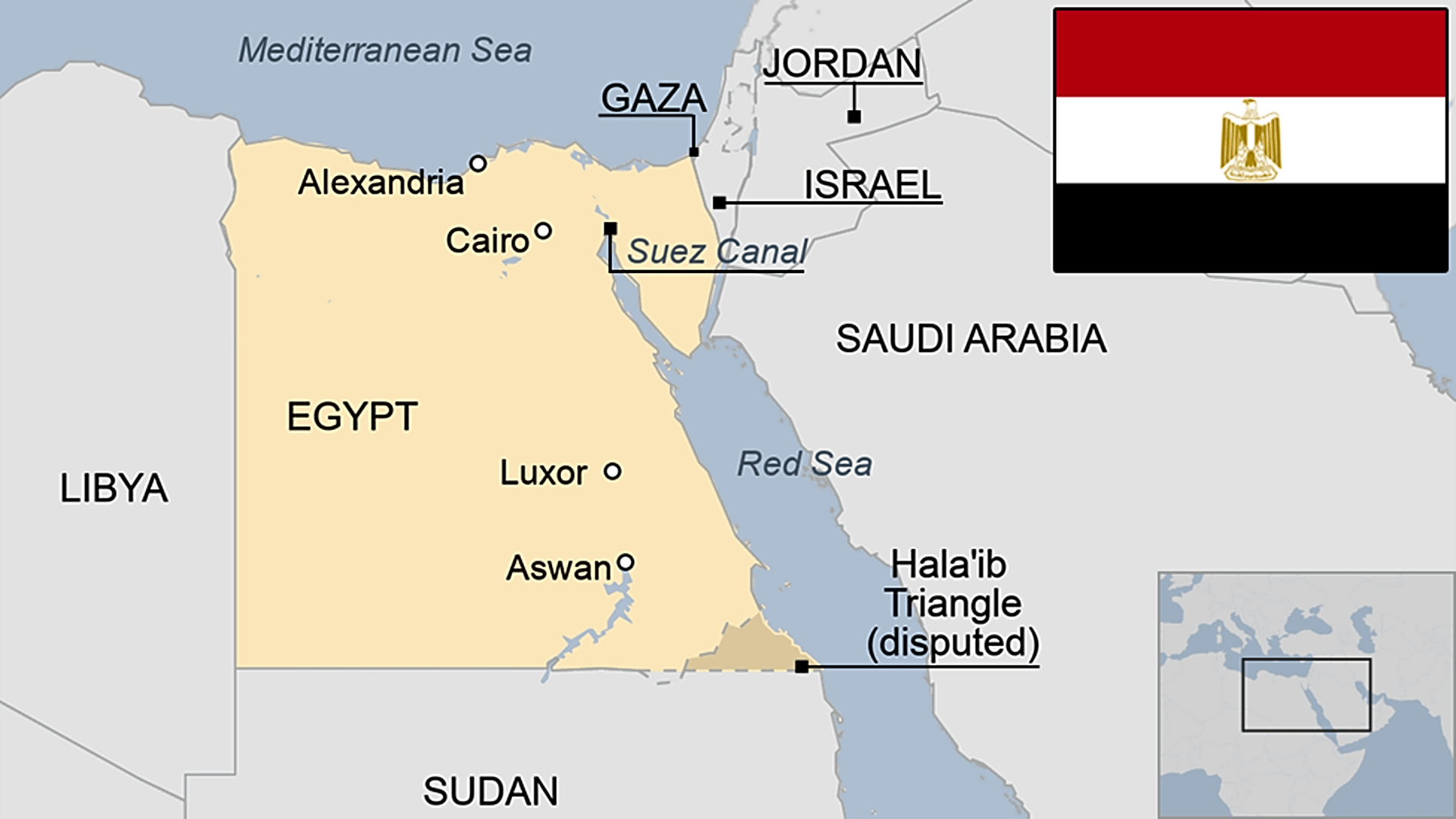Summarized by AI Model:google/pegasus-cnn_dailymail
Lobby group claims certain oil explorers are "not satisfied" with South Africa's new sector regulations .Shell Plc and other businesses cited legal uncertainty as the reason for delaying or withdrawing entirely from South African acreage .The waters north of South Africa's maritime boundary have seen a boom in activity due to recent petroleum discoveries in Namibia .South Africa depends on imports and synthetic chemicals to meet its fuel demands because it produces almost no commercial oil . A lobby group claims that certain oil explorers are “not satisfied” with South Africa’s long-awaited sector regulations, which President Cyril Ramaphosa signed into law last month.
Regulations for the ownership and development of oil and gas blocks are included in the Upstream Petroleum Resources Development Act, which was released on 29 October. Since Shell Plc and other businesses cited legal uncertainty as the reason for delaying or withdrawing entirely from South African acreage, the bill has been expected for years.
Adrian Strydom, executive director of the South African Oil & Gas Alliance, responded to enquiries by saying, “It is great that we are moving towards legislative certainty as a country,” but that other nations “have done much better.” Without providing specifics, he stated, “Some of the SAOGA member companies are not satisfied with the terms of the legislation.”
Mozambique has been the site of gas projects by oil companies, and the waters north of South Africa’s maritime boundary have seen a boom in activity due to recent petroleum discoveries in Namibia. Companies have also faced legal challenges from environmental organisations in recent years, which have effectively prevented exploration.
Strydom declared, “SAOGA will keep advocating for a more investor-friendly legislative and regulatory environment.” “We might need to amend the law to make it more clear, make doing business easier, and make it more appealing to investors.”
An email requesting comment was not immediately answered by the Department of Mineral Resources and Energy. South Africa depends on imports and synthetic chemicals to meet its fuel demands because it produces almost no commercial oil. The continent’s most developed country also intends to construct terminals for the import of liquefied natural gas.


